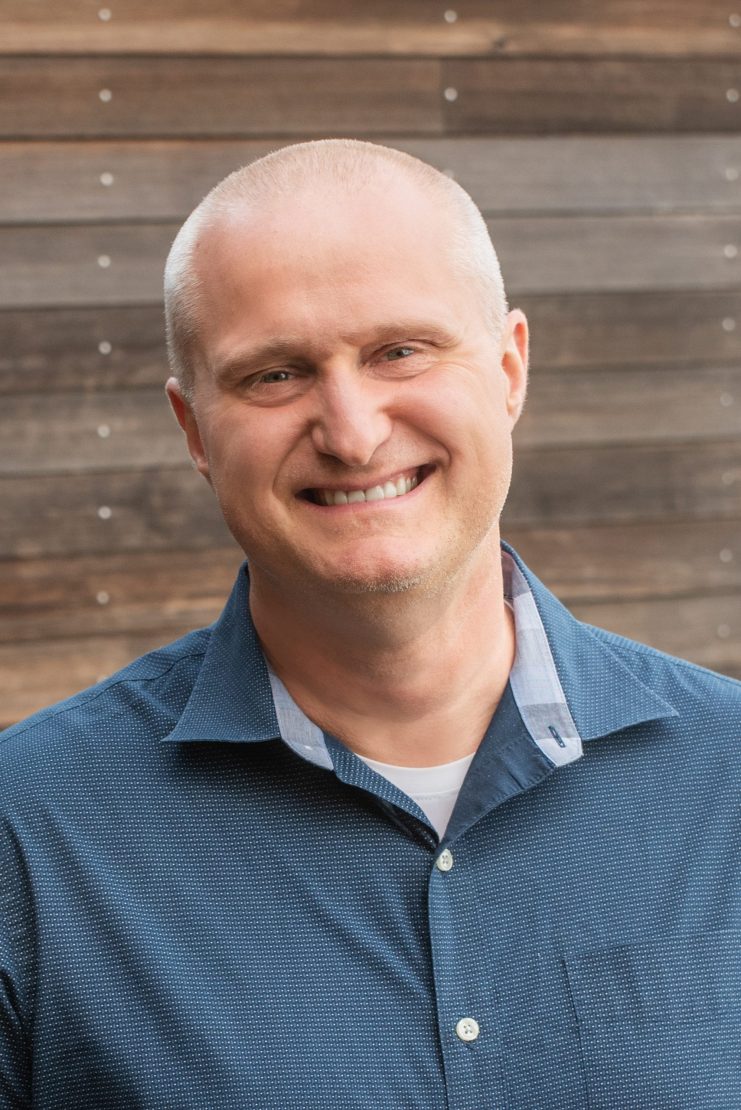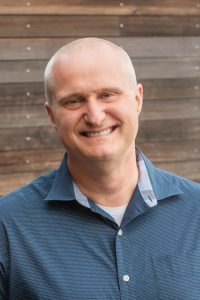
Leveling Up as a Leader by Turning Your Weakness into a Strength
My school district has an eligibility process that an aspiring leader must pass to be considered for a principal job. I failed it twice. Once eligible, a school’s individual school board has its own process to hire the principal. I was in two of those processes and lost both, once in the final 8, once in the final 2, both in soul-crushing fashion. I was left in career limbo, wondering if I was ready to be a principal.
Today, I am proud to share that I am finishing my 9th school year as a Pre-K to 8 principal in Chicago Public Schools and that I love my job. Now, I serve as a mentor and leader for other new and aspiring principals.
Leveling up as a leader is tough. It can be time-consuming, and is often a shot to the ego. If you are not prepared to be vulnerable and ready for rejection, it can feel like a giant step back. To feel a certain amount of impostor syndrome as an educational leader is normal.
This is why I lead a Professional Learning Community (PLC) with The Chicago Public Education Fund, to support new and aspiring principals looking to take the next step in their careers. These leaders, like I was, are navigating the eligibility process in our district. I found that sharing my struggles, insecurities, failures, and vulnerabilities helped create the learning environment they needed to break down barriers quickly and dive into learning about and improving their leadership.
During the first semester of leading a PLC with The Fund, I had six leaders join me. My goal was to create a culture of vulnerability, so I started by sharing my story, my failures, and my learning along the way. As I shared my story of failure and ultimate success during our first learning session, I learned more about the leaders who joined me, their needs, and what it would take for them to reach their goals.
I learned that each aspiring leader needed something different, and it was my job to provide that for them.
- Some needed encouragement to try again after failing. I happily shared my failures.
- Some needed reassurance that they were capable of doing it. I’m doing it. Have been for a while now, and I never thought I could.
- Some needed a guide as they applied. I love mentorship.
I shared with my leaders the importance of turning our weaknesses into our strengths.
At our first learning session, my participants took the district’s evaluation rubric for school leaders and were given time to reflect on their perceived area of weakness. We then created a project designed to support this area of growth, with the goal to make it their top area, their strength. After session 1, they left with a project that they were going to complete in their school over the course of our PLC.
In session 2, they gave the rest of their peers updates on their projects in an interview format as a round table. To ensure the experience would best support their goal to become a leader, we used questions that I had gathered from actual principal searches and interviews.. I gave them parameters to hit:
- Use I.
- Make sure you answer the questions.
- Back your answers with evidence and data.
After a leader shared, PLC participants gave them feedback one by one using the parameters. I was impressed with how the leaders took the projects and their feedback seriously to support one another. It was clear we were building a vulnerable, honest learning community.
In Session 3, they gave a culminating presentation of their project from the semester, again using the interview format and actual interview scenarios from the past year.
At the end of the first semester, Lead by Learning brought the PLC Leaders of various learning communities together to reflect on our impact. Leaders shared about what went well in their PLCs across the city, as well as what challenges they faced. Hearing from my colleagues reassured me that I was on the right path with my new and aspiring leaders.
As I reflected on the first semester, I made two big shifts for my second semester cohort. First, I embedded the Loop for Understanding strategy from the 2024 book Supercommunicators to foster listening.. Secondly, I decided to invite cohort 1 participants to come speak to cohort 2. One leader had just gotten a principal job, and I wanted them to be able to tell their story about what they learned along the way.
After leading the PLC, I realized that my entire career goal is to instill confidence in people to bring their best selves out, personally and professionally. I also learned how important community is for me in a career that can feel lonely, and that connection is fostered by hearing the challenges and struggles faced by other principals.
When the journey of our PLC came to a close, I made sure my participating leaders knew that my work is not done. If people connect with my message, I want them to have a contact for life. I keep in touch with participants. One continued his journey through multiple principal interviews before landing a position, and now we are colleagues in the same network of schools. Another realized that this just is not the right time to become a principal, and they are fine waiting for the right time and opportunity.
I do not think that there is any room for ego in education. If something is working at your school, we should share. If something isn’t working, share the challenge, and find someone and somewhere it is working to learn. If you make a mistake, share that, for someone else might be trying to figure the same challenge out.
Leading a PLC for aspiring leaders has kept me loving my current role as a school leader. As I think about my PLC next year, I want to:
- Clarify my message while still leaving room for “teachable moments” as they come up. I have a lot to say, but I want to stay focused.
- Figure out a way to bring in past participants and make sure their voices are included as their journey continues.
- Keep material relevant and fresh. Every school year presents unique challenges that we all share.
For me, learning never ends. I am always seeking to consume new information and share that learning with others.
 Jason Major just finished his 9th school year at Dever Elementary School in Chicago. From a family of educators, he originally started in the radio business before going back to school and has now been in education for 21 years, filling roles from substitute teacher to paraprofessional to math teacher and coach. He loves providing a “sandbox” for teachers, staff, and students to explore and try ideas. He loves traveling, reading, running workshops, and spending time with his family.
Jason Major just finished his 9th school year at Dever Elementary School in Chicago. From a family of educators, he originally started in the radio business before going back to school and has now been in education for 21 years, filling roles from substitute teacher to paraprofessional to math teacher and coach. He loves providing a “sandbox” for teachers, staff, and students to explore and try ideas. He loves traveling, reading, running workshops, and spending time with his family.
Interested in working with Lead by Learning to support school leaders’ growth and development? Connect with a member of our team to learn more about our partnerships.
